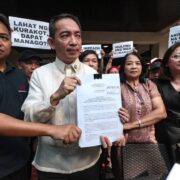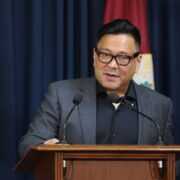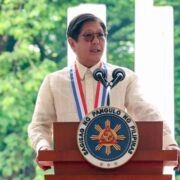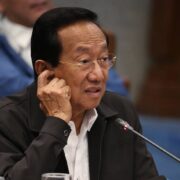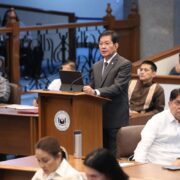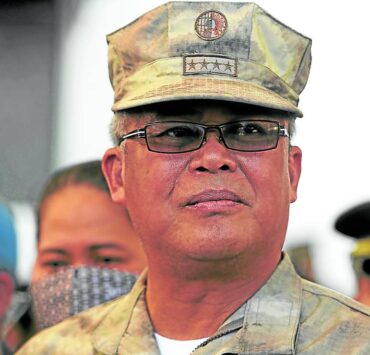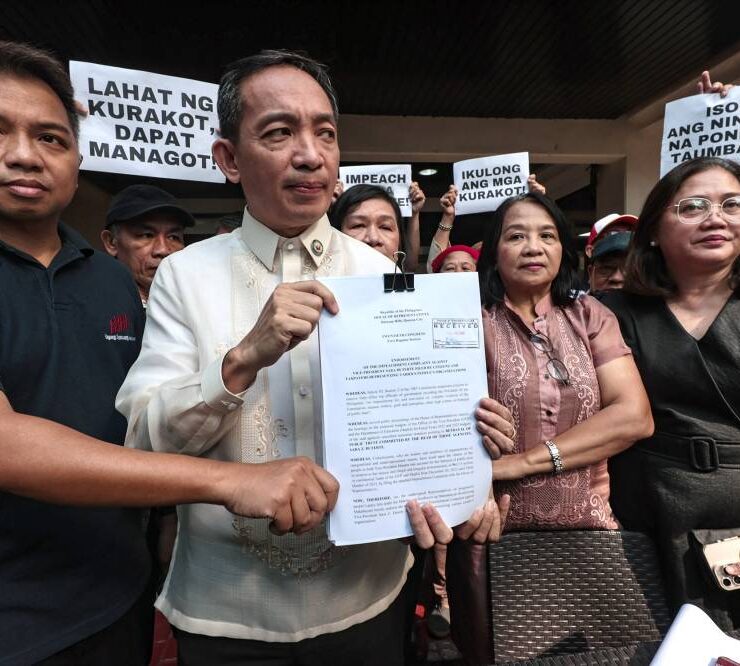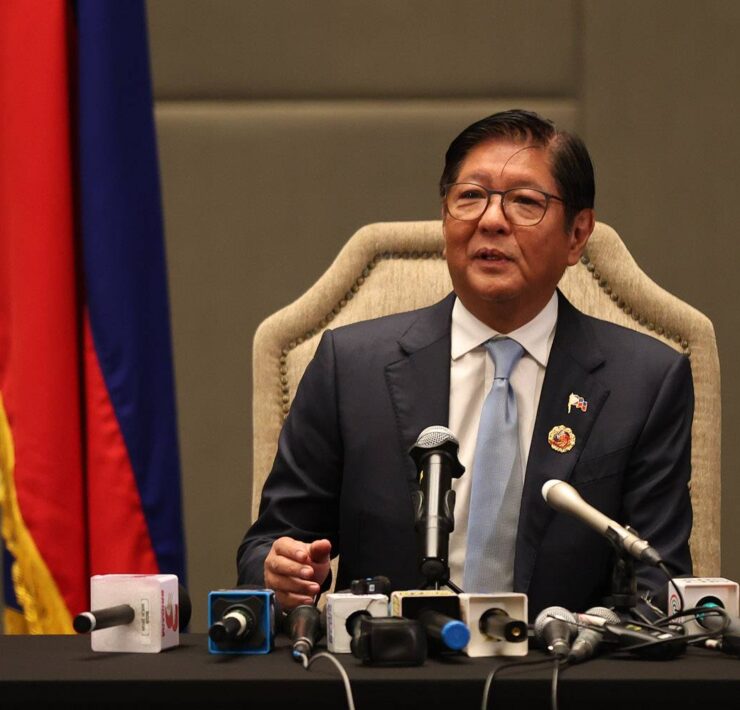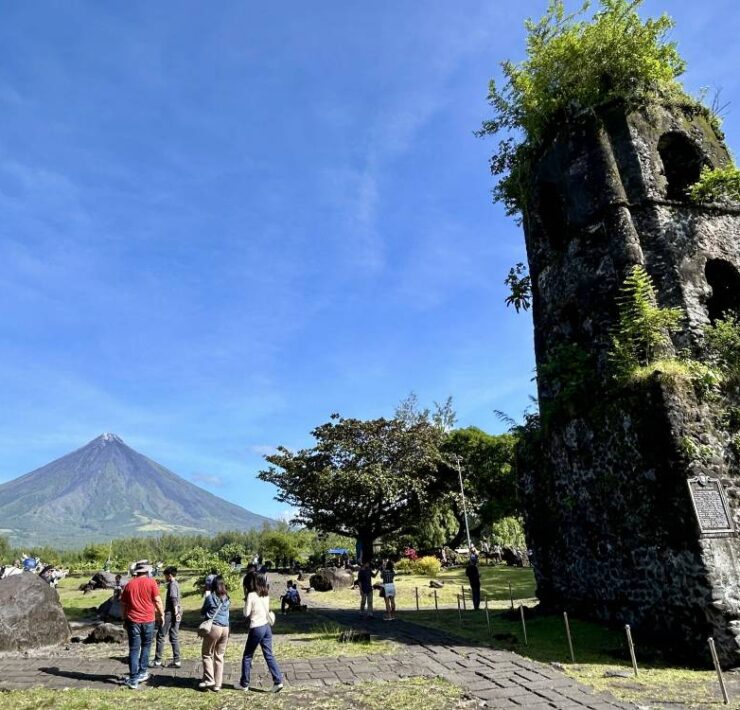Lay leaders running in 2025 should quit their church duties–Capiz archdiocese
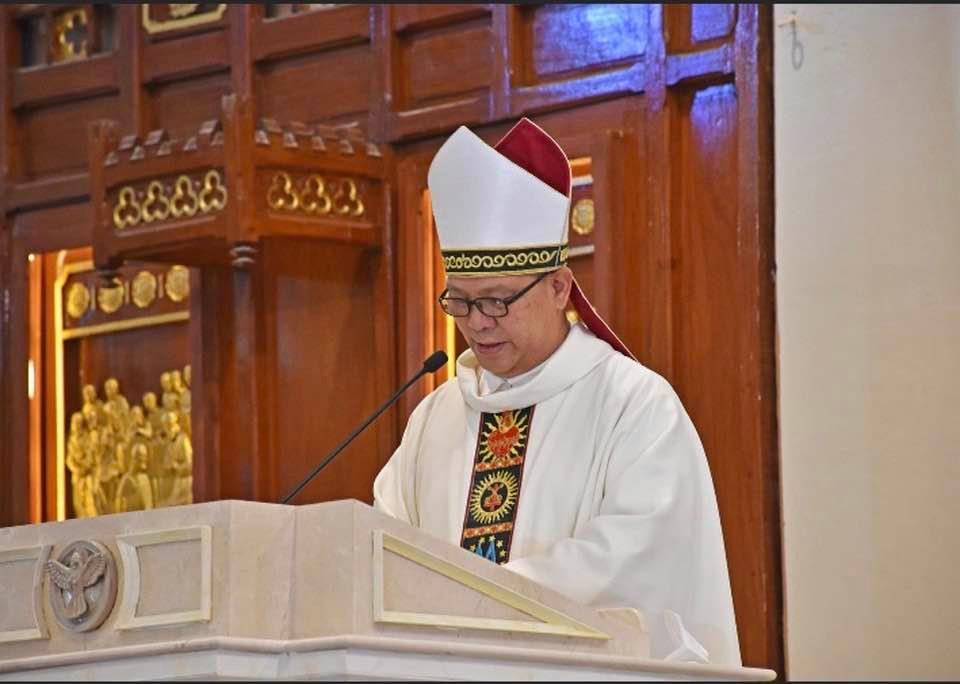
The Archdiocese of Capiz has asked lay leaders and those who are serving in parish ministries but are running in next year’s midterm elections to quit their church duties.
“It has also been our practice in the Archdiocese that lay leaders and those who hold ministerial responsibilities in our parishes who filed their certificates of candidacy (COC) for an elected position automatically inhibit themselves from their pastoral responsibilities in the parish so that they avoid using their office for their political advantage,” Archbishop Victor Bendico said in a circular issued on Monday.
According to the prelate, this gesture by lay leaders seeking public office shows a “sense of delicadeza” and respect for the Church.
Participating in partisan politics also “directly harms the life of unity in the Church and in particular, it will affect the community life of our parishes and mission stations.”
Those who have resigned can return to their responsibilities after May 15, 2025 – three days after the May 12, 2025, national and local polls – if their parish and mission station priests recommend it.
Some 43,000 candidates aspire to fill up to over 18,000 elective positions in next year’s midterm elections.
Delivery of ACMs
Meanwhile, as of Tuesday, Miru Joint Venture, the Comelec’s automated election service provider, has already delivered 78,338 units or 71 percent of the 110,000 automated counting machines (ACMs) that will be used next year.
Mira also said that it has set up a satellite office in ECJ Building, at Real corner Arzobispo Streets in Intramuros, Manila, near the Comelec central office “for a more efficient means of coordination and communication” with the poll body.
The satellite office is primarily for administrative purposes, while all ACM manufacturing takes place at the main warehouse in Seoul, South Korea.
Miru said its technology has supported several successful elections around the world, including the past five presidential elections in South Korea.
In a statement, the joint venture reiterated its ability to provide a “successful” electoral system, adding that it remains committed to contributing to fair, honest, and credible elections in the country, and has so far fulfilled all requirements of Comelec’s terms of reference on time.
“We understand the gravity of this work to the nation’s democracy and will continue to focus on our duties for an efficient, transparent, and secure election for all Filipinos,” it said. With a report from Jerome Aning


